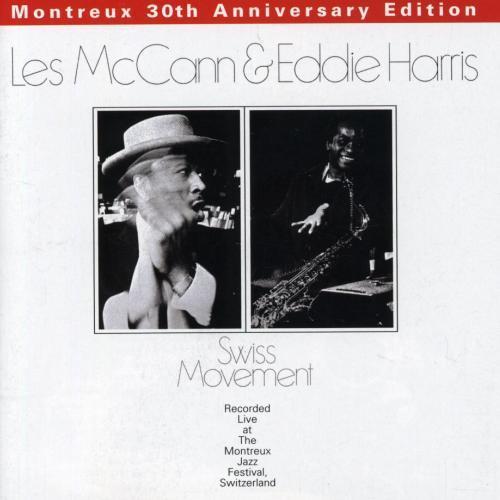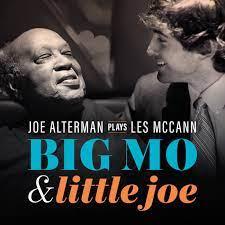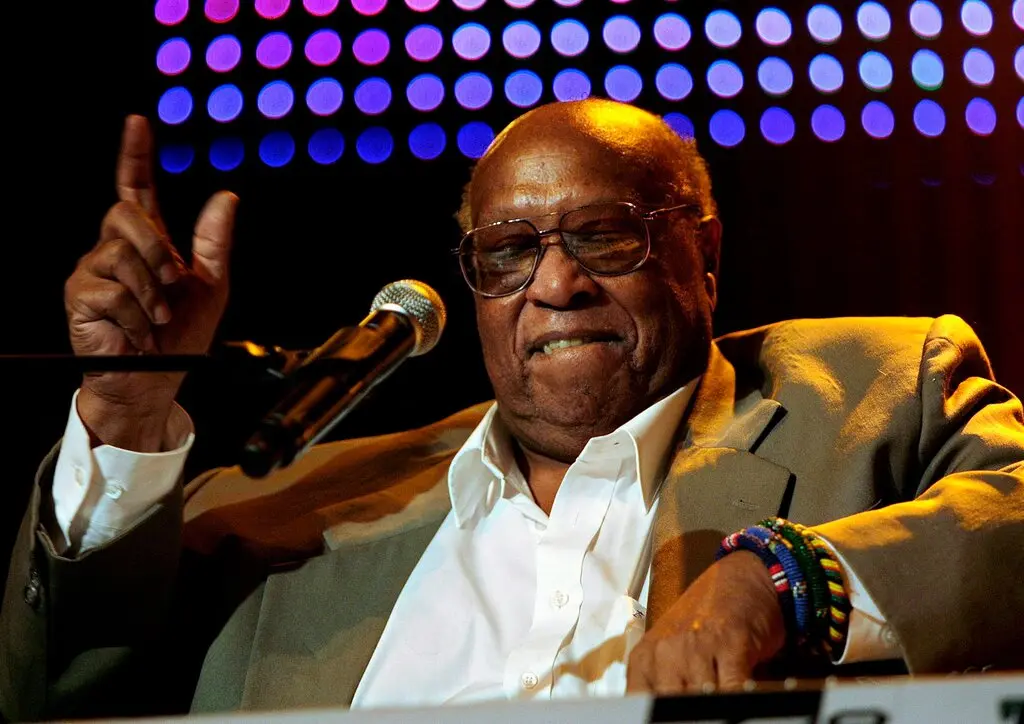

Here is the Variety obituary on Les McCann’s passing written by Jem Aswad, Executive Editor, Music:
Legendary Soul Jazz Pioneer Les McCann, who has been sampled countless times and is perhaps best known for the protest song “Compared to What,” died Friday, December 29 at a Los Angeles area hospital, his manager confirmed. No cause of death was announced, although he had been hospitalized last week after contracting pneumonia; he was 88. The news was first reported by NBC Bay Area.
Also an accomplished singer, McCann fused jazz and R&B in his work and provided a bedrock for many songs in the early years of hip-hop, including songs by the Notorious B.I.G. (“10 Crack Commandments”), A Tribe Called Quest (“After Hours”), Snoop Dogg and Dr. Dre (“The Next Episode”), Pete Rock and C.L. Smooth, Warren G., Slick Rick and many others.
McCann was born in Lexington, Kentucky in 1935 and grew up in a musical family. He played tuba and drums in his school’s marching band and was largely self-taught as a pianist; he said he’d only received a few weeks of lessons as a child. During a stint in the U.S. Navy, he won a singing contest that led to a 1956 appearance on “The Ed Sullivan Show,” at the time the most popular variety show on television.
After being discharged, he moved to Los Angeles and formed a trio in Los Angeles, declining an invitation to join the Cannonball Adderley Quintet. He signed with the Pacific Jazz label and first rose to fame with his 1960 albums “Les McCann Plays the Truth” and “The Shout,” which established his, rollicking, soulful playing. During this prolific era he worked primarily with his trio but also Ben Webster, Stanley Turrentine, Joe Pass, the Jazz Crusaders and others.
He signed with Atlantic in 1968 and released his cover of Gene McDaniel’s “Compared to What,” a collaboration with saxophonist Eddie Harris, the following year; McCann had originally recorded the song in 1966 for his “Plays the Hits” album, but a live version with Harris, released on the “Swiss Movement” album, is the one that became a hit. It is arguably the best known of more than a hundred released versions of the song.
In 1971, he and Harris were part of a coterie of R&B and rock artists — including Wilson Pickett, the Staple Singers, Santana, and Ike & Tina Turner — played a 14-hour-long concert in Accra, Ghana, for an audience of more than 100,000 people. The concert was recorded for the documentary film “Soul to Soul.”
Following that success, McCann began emphasizing his singing and electric keyboard to a greater extent, and his career gradually lost momentum, although he continued to perform regularly for the following decades, although a stroke during the 1990s limited his keyboard playing, although he continued to work extensively as a singer.
McCann released more than 60 albums over the course of his career, the most recent being a deluxe reissue of his “Never a Dull Moment! Coast to Coast Live 1966-67” album. In its liner notes, Quincy Jones wrote, “: “Les McCann has been a musical force of nature since he burst on the scene in the early 60’s. Whenever I heard him live or on record, he always did the unexpected.” McCann’s longtime friend Roberta Flack added, “Les and I found each other in the musical world of the tumultuous ’60s. Les heard deeply what I was saying and his recommendation of me to Atlantic Records was a pivotal moment in my career. He is a giant in my world of music — a limitless creator, inspiration and friend.”
Joe Alterman’s Heartfelt Tribute To His Mentor Les McCann
Atlanta Pianist Joe Alterman released his tribute this past summer called Joe Alterman Plays Les McCann: Big Mo & Little Joe (Alterman Music). The first time that the two pianists met, Les McCann didn’t bother to formally greet Joe Alterman. The then wheelchair-bound McCann simply approached the stage of New York’s legendary Blue Note, where the younger pianist was in the middle of his soundcheck, and said, “Play me some blues, boy.” The results were greeted with a simple, “Amen,” and with that began an unlikely friendship that spanned more than a decade.
The pair were separated in age by more than half a century; McCann was confined to a medical rehab facility in Los Angeles, while Alterman left New York City to return to his native Atlanta, Georgia six years ago. But since their paths first crossed back in 2012, according to Alterman, “barely a day has passed that we haven't chatted.” That tightknit relationship provides the deeply emotional core of Joe Alterman Plays Les McCann: Big Mo & Little Joe. The album is a loving tribute from Alterman to his mentor and friend. The eleven-song set culls material from the full span of McCann’s storied career, from the robust acoustic swing of his Les McCann Ltd. trio to the gritty funk of his partnership with tenor great Eddie Harris, to his pioneering yet undersung electric years, which presaged the jam band movement and garnered admirers from Frank Zappa to A Tribe Called Quest
